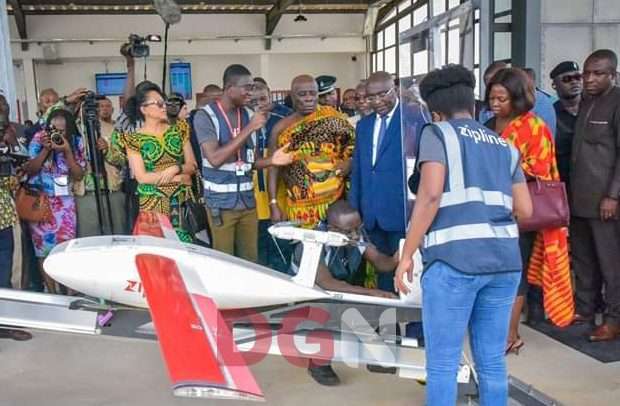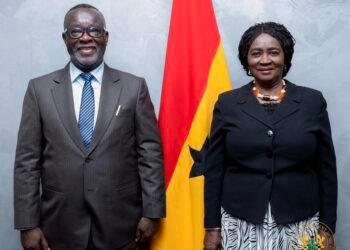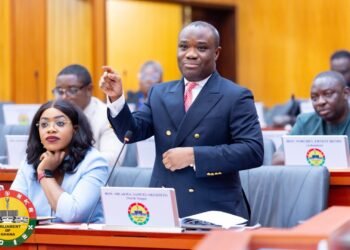Bright Simons, Honorary Vice President of the IMANI Centre for Policy and Education, has sharply criticised the Ghanaian government’s lack of due diligence following a reported push by a U.S. senator to urge Ghana to expedite the repayment of $251 million owed to American companies.
In a detailed analysis, Bright Simons dissected the recurring challenges faced by foreign firms operating in Ghana’s complex political economy and highlighted the pitfalls of ignoring these dynamics.
“Some US, and other foreign companies, enter into contracts with the Ghanaian government without due appreciation of the political economy risks. Then, when they hit roadblocks they enlist American lobbyists and/or politicians to help them solve the problem from overseas by piling pressure on Ghana.”
Bright Simons, Honorary Vice President, IMANI Centre for Policy and Education
Using the contentious Zipline medical drone project as an example, Bright Simons underscored what he described as the government’s imprudent approach to project management.
He said the IMANI Centre for Policy and Education had previously advised against the expansive scope and high costs associated with the Zipline initiative.
“We argued that the project was too big and expensive, recommending it be scaled down to specific contexts where drone delivery of medicines was absolutely necessary. However, the government pressed on with multiple large drone ports, using the initiative for public relations even as debts mounted.”
Bright Simons, Honorary Vice President, IMANI Centre for Policy and Education
The IMANI Vice President expressed hope that Ghana’s next government would heed expert advice and downscale such projects, focusing on financial sustainability.
He emphasized that while Zipline’s medical drone delivery service could be useful, the current scale is beyond Ghana’s financial capacity.

Political Economy Risks for Foreign Investors
Bright Simons also drew parallels between the current issue and past controversies involving American companies such as ExxonMobil and Kosmos Energy, where political and economic considerations clashed with commercial interests.
In a referenced IMANI report from 2010, the think tank highlighted how ignoring local political dynamics could lead to protracted disputes.
“Any foreign investor doing deals in Ghana with the government that ignores the political economy, focusing only on the commercial aspects, will find that a late switch to political lobbying to get their money may not be as smooth as they think.”
Bright Simons, Honorary Vice President, IMANI Centre for Policy and Education
Bright Simons emphasized that disputes like these extend beyond mere commercial disagreements, delving into broader public policy considerations.
While he acknowledged the right of American companies to use lobbying as a tool to recover debts, he stressed that their approach often overlooks the intricacies of Ghana’s political and economic landscape.
In his remarks, the IMANI’s Honorary Vice President hinted at the think-tank’s intention to examine the specifics of the debts owed to each company involved in the $251 million dispute and share its findings publicly.
This commitment, he noted, aligns with IMANI’s broader advocacy for transparency and accountability in government contracts.
Bright Simons’ analysis serves as a call for both foreign investors and local authorities to adopt prudent, sustainable, and context-sensitive approaches in their dealings.
READ ALSO: PwC Audit Reveals Major Financial Mismanagement at ECG























